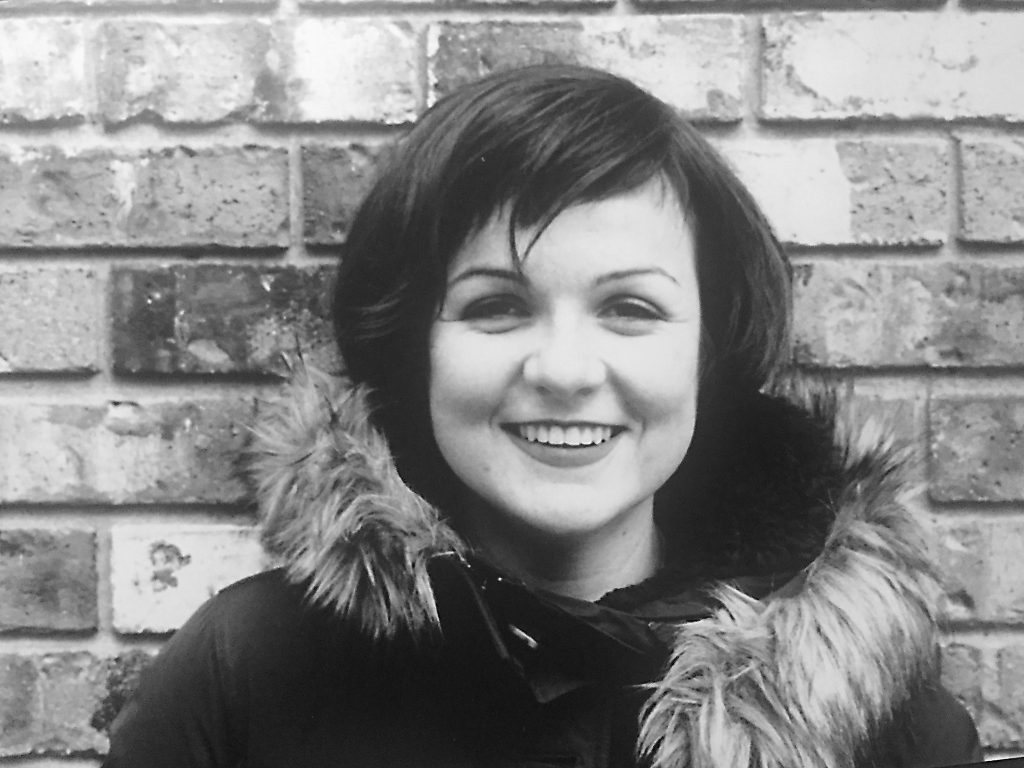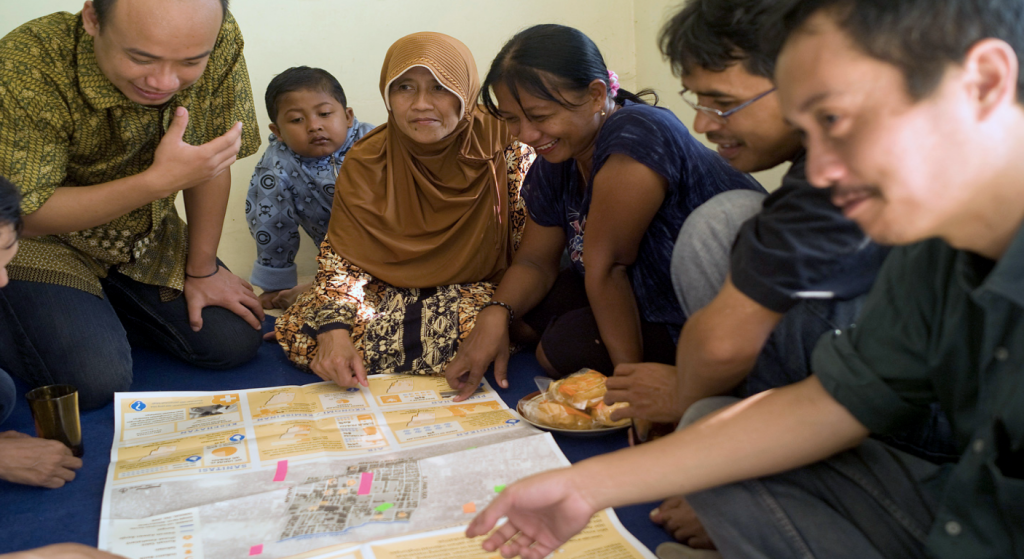For Clara Bois climate democracy, in the form of participatory approaches, is a necessary component of the so-called just transition – the need to decarbonise our economies while understanding and addressing the challenges faced by those who face job loss as a consequence. “You can’t just decide that you’re going to make this change and not talk to the people for whom this is part of their livelihood,” she stresses and warns of the danger of resistance as “climate policies require really tough decisions and you need participation to build these together with society. Otherwise, you have pushback.”

Inclusive participation is key. “Governments need to make an effort to include youth, women, minorities, […] to make just politics together with them.” It is often those who have traditionally had the least say in policy making that are already most likely to be affected by climate change.
For these reasons the CDA Program prepares local policymakers and community leaders to create their own participatory processes around climate policy. The participants are guided through the process using the Participation Playbook created by People Powered. Each one of them is also connected with a mentor to help them navigate the more challenging questions.
When it comes to expected outcomes, Clara Bois is both hopeful and humble. “We would like more people to try participatory programs for climate and then in the long term, we expect that we will have inclusive and equitable participatory decision-making programs, but we’ll learn more about the impacts over the next years.”
Two of the programs developed by the participants of the Climate Democracy Action Programme will receive an award of $20,000 to fund their own pilot projects. But this is not the main motivation for most of the participants. Below they share some of their hopes for bringing change to the communities they serve:
Click through the gallery to get to know the participants.
